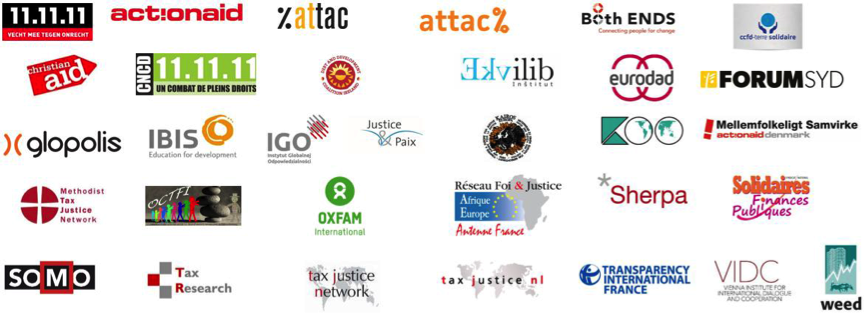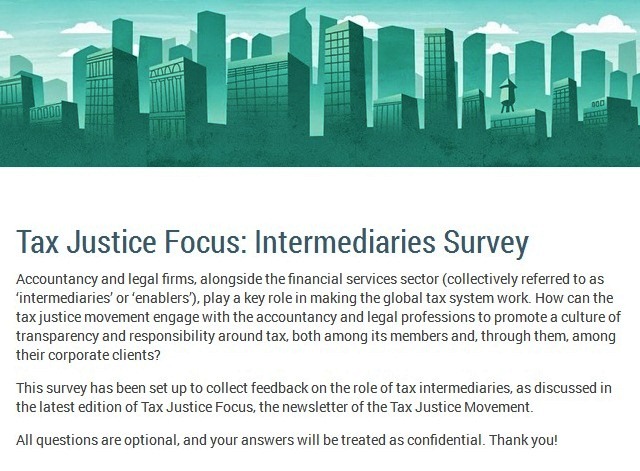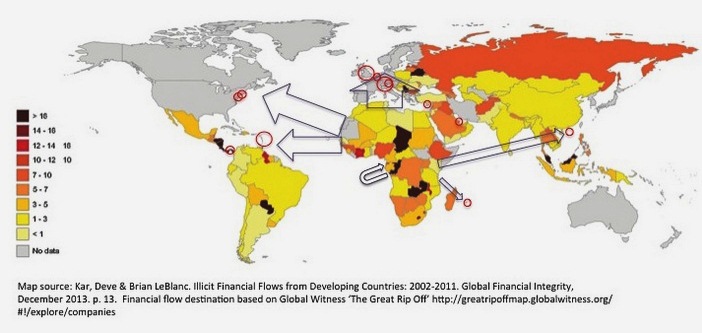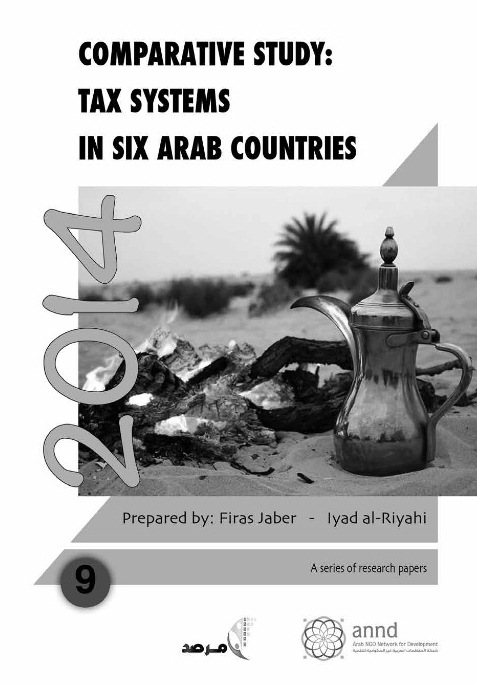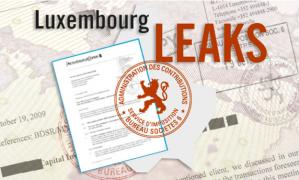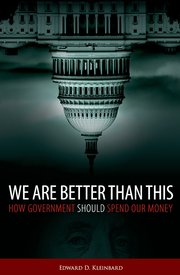This isn’t a guest blog but something a little similar: a substantial section translated from an important Thomsonreuters article in Spanish by Antonio Figeroa, a former president of the UN Tax Committee and a top Argentine tax official. The headline is ours.
Why is the OECD only now cracking down on corporate tax abuses?
What has happened for the G20 to decide to confront the corporate strategies that produce significant erosions of the tax base and enable profit shifting to jurisdictions where tax is low or zero?
Nothing more nor less than a belated political reaction of the governments of the developed countries, to the fair and growing claims from important parts of their population affected by a global situation – the financial crisis – that produced very negative social consequences and a grotesque worsening of the distribution of income, which puts at risk the basis of the social and political systems of these countries.
The decision of the developed countries in the G20 (since the remaining ones only nod in agreement) was to refer the problem to their “organisation”, the one that they have been trying to position since 2001 as the main – and tending to become the only – centre for defining global tax rules, as part of a strategy to produce global order.
Yet it was this very same organisation that played a central role in the globalising scheme which produced these very consequences.
Those of us who have participated in the UN Group of Experts for International Tax Cooperation from the end of the 1970s to the first part of the 2000s, cannot ignore the fact that the OECD, since the beginning of the ’90s, supported without reservation – even more: it boosted – the adoption of measures tending to free financial capital from taxes, due to the “relevant importance” attributed to the unrestricted mobility of such capital.
In effect, it supported the need to eliminate all sorts of obstacles for financial capital, including supporting special tax arrangements (exemptions) for various instruments, to “facilitate the expansion of international economic activity”.
The Action Plan presents some proposals that need to be deeply analysed by the developing countries involved in it, except for those already participating in the organization, which follow its guidelines without question.
In truth, the BEPS project is a sort of “remake” of an old film with new scenery and new actors – except for one which has always been there. Since the 1920’s, first through the “League of Nations”, then its successor the United Nations (in the 1950’s), to what finally became the OECD in the 1960’s, there has always been one same institutional actor, which is the International Chamber of Commerce.
The intention is to advance the universalisation of the criteria and concepts applied by developed countries; basically, the attempt is to ensure that all other countries should adopt the fiscal ideas and parameters of those who consider themselves the “world”.
This is just a taster of the long article, which is rich in history and detail.
Antonio H. Figueroa was Director of International Fiscal Relations in the Ministry of Economics of the Argentine National Government (1972-1989). National Tax Director in the Argentine National Government (1979-1997). Member of the UN Group of Experts in International Tax (1979-2004). President of the UN Group of Experts in International Tax Cooperation (1997-2004).
 From the New York Review of Books, a look at a book called Putin’s Kleptocracy: Who Owns Russia, by Karen Dawisha. The review itself is fascinating, and for TJN this paragraph is particularly interesting:
From the New York Review of Books, a look at a book called Putin’s Kleptocracy: Who Owns Russia, by Karen Dawisha. The review itself is fascinating, and for TJN this paragraph is particularly interesting:


